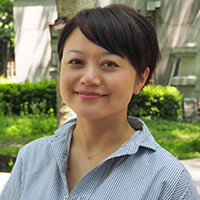
Yuko Yotsumoto, Ph.D.
professor
Dr. Yotsumoto is a professor in the Department of Life Sciences, Graduate School of Arts and Sciences, the University of Tokyo. Prior to her current position, she worked at Keio University, Massachusetts General Hospital and Boston University. She earned her PhD in psychology in 2005 at Brandeis University.
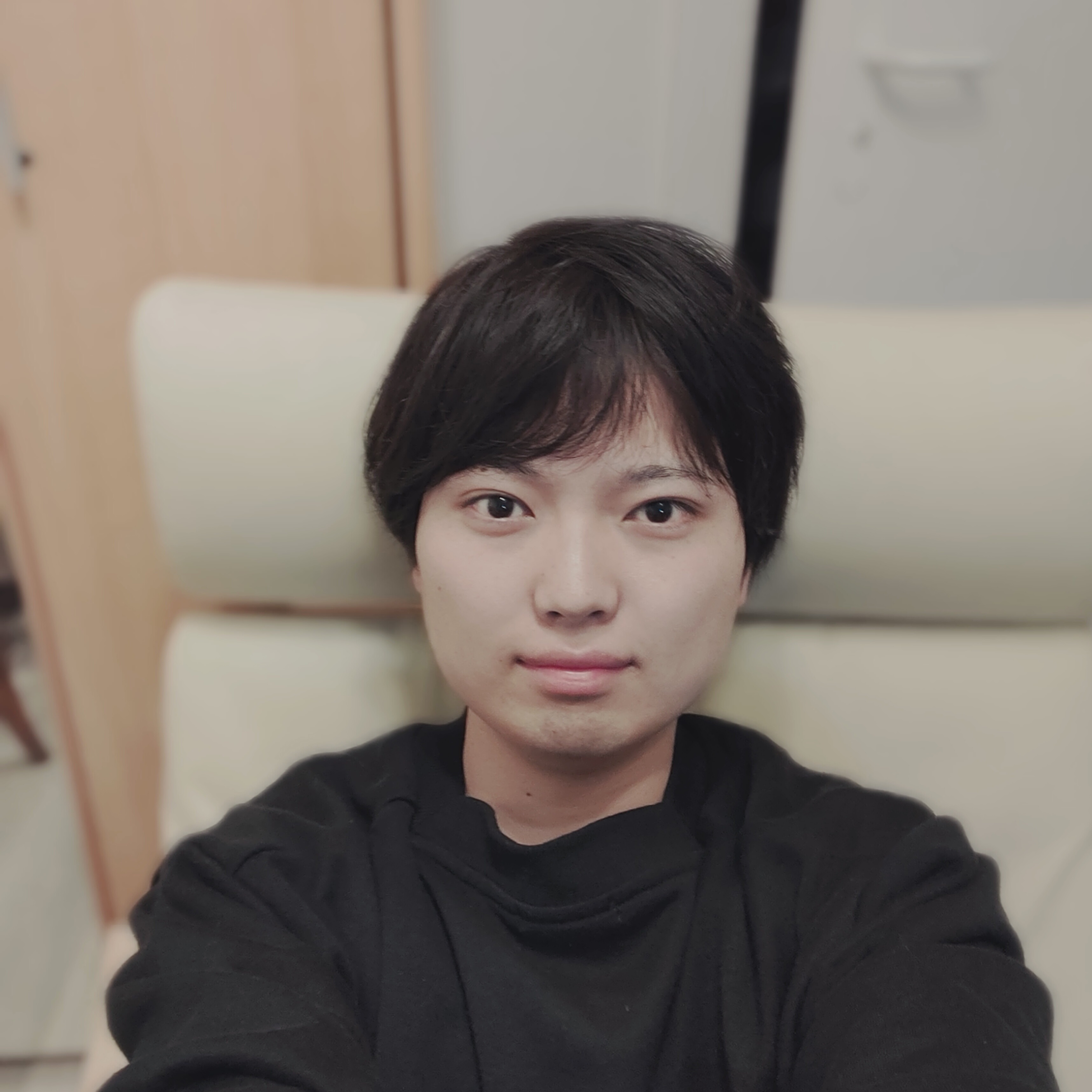
Yusuke Haruki
Research Fellow (PD),
Japan Society for the Promotion of Science
I am interested in how interoception—the process by which the nervous system senses, integrates, and interprets internal bodily signals—becomes part of our awareness and shapes our mind. During my Ph.D. studies, I used neuroimaging techniques to illustrate the neural mechanisms underlying interoceptive awareness. Currently, I am expanding my research to broader topics in cognitive science, such as subjective time, first-person perspective, and the sense of self, to uncover the mysteries of subjectivity.(ResearchMap)
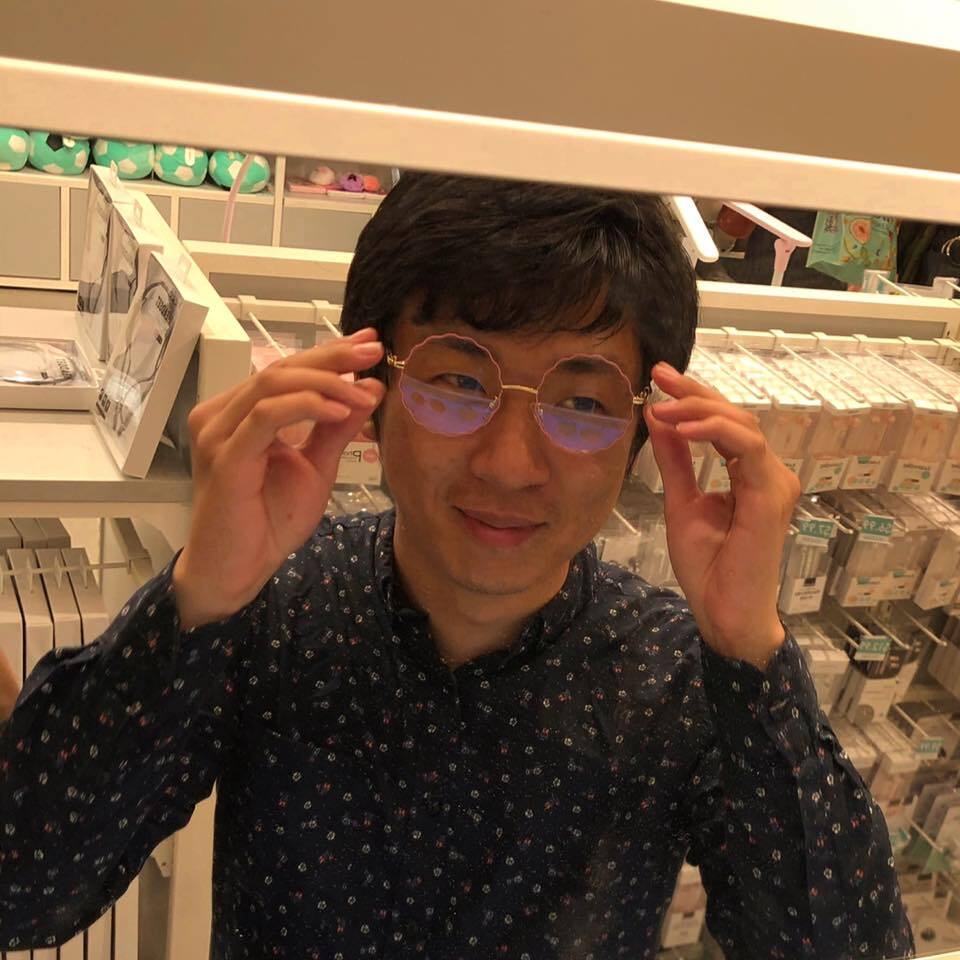
Wei Chen
Doctoral Student
How do we understand what is a “goal”, a “method” or “time”? I am interested in exploring how the neural representation of semantic, verbal and sensory information connects to the understanding of a concept in our brain. Is it just clusters of information, how are they organized, and finally, can we reproduce it in a silicon chip?
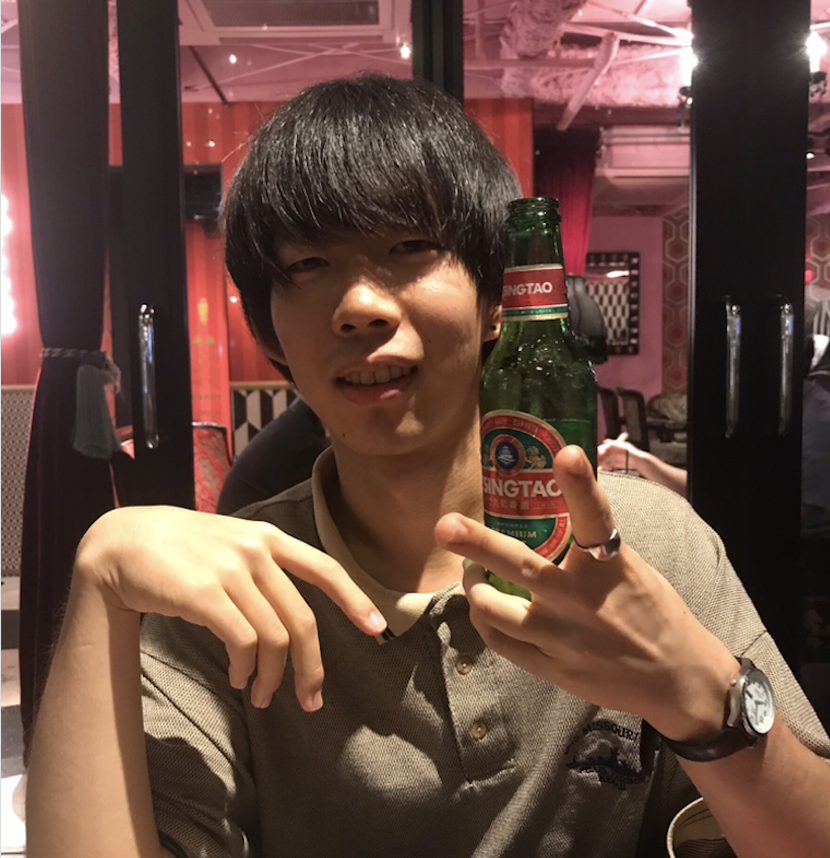
Taku Otsuka
Doctoral Student
We receive various sensory information through sensory organs and behave through processing them in the brain. However, there is no specific sensory organ for the perception of elapsed time. Considering the time perception may be deeply related to multisensory information integration including the somatosensory system, I’m planning to conduct research using psychophysical methods and virtual reality devices.
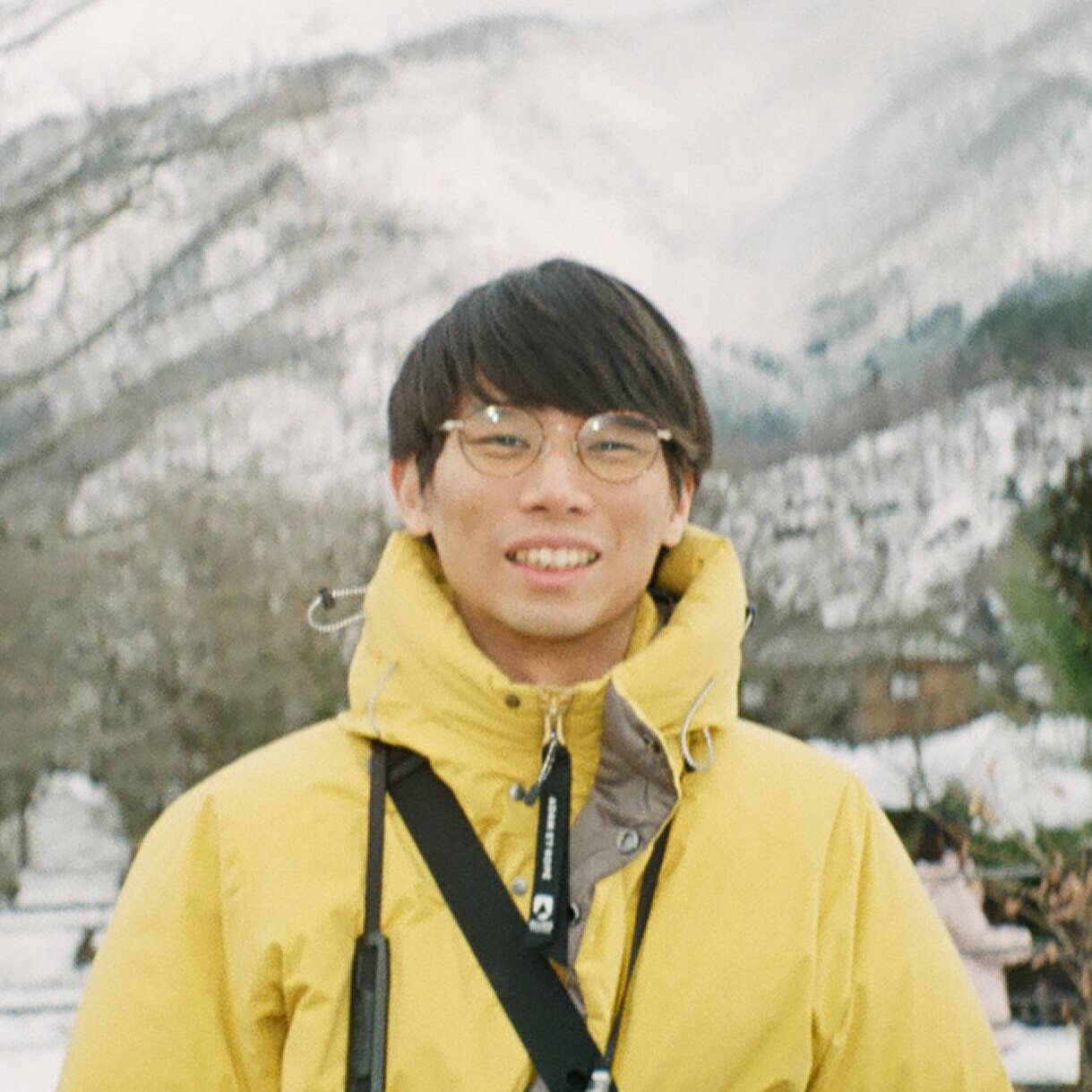
Takuma Hashimoto
Doctoral Student
Perception is built upon the integration of diverse information acquired from the external world. For example, information from different sensory modalities—such as vision and audition—as well as different types of information—such as numerosity and time—are integrated. Furthermore, even information obtained at different times can be integrated. Based on these findings, two key questions arise: How is this integration achieved, and how does our perceptual system select which information to integrate? I am investigating these questions, as they are considered crucial for understanding perception.
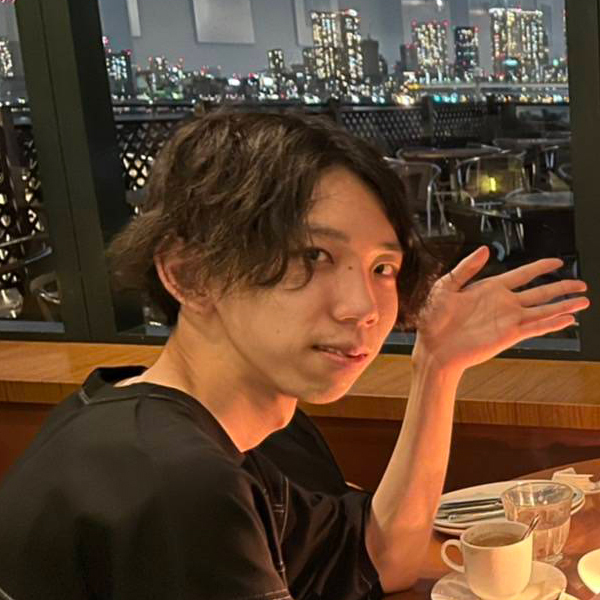
Naoya Tachibana
Master's Student
One of the human natures is rhythm with repeated activity and rest, such as sleep-wake cycle and the coordinated contraction of muscles during exercise. These constant rhythmic activities are caused by the entrainment of neurons in the brain, which are synchronized in a specific frequency band. I am interested in this kind of synchronization having various effects on sensation and cognition, and want to study it through psychophysical behavioral experiments and EEG measurements.
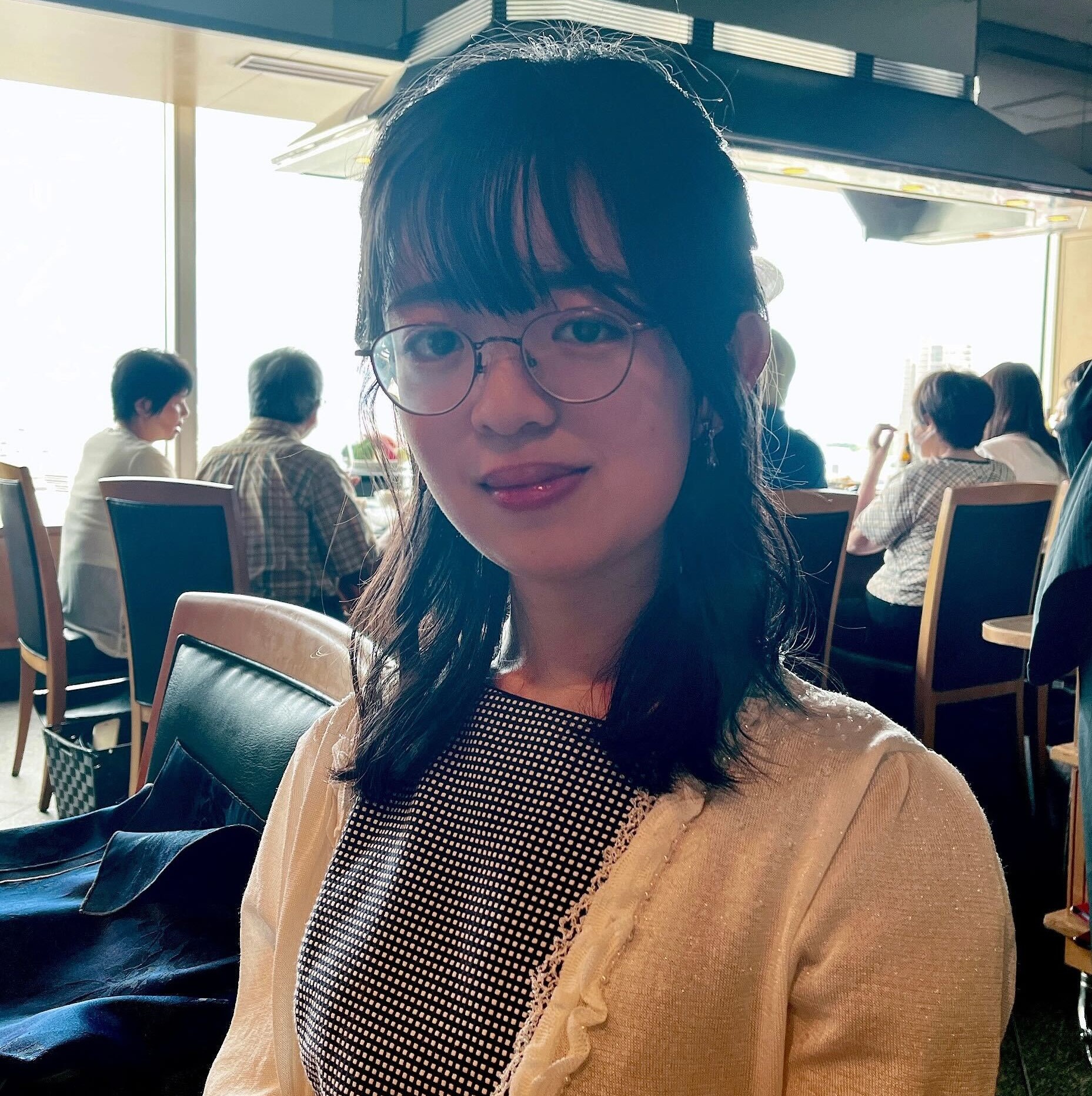
Chika Goto
Master's Student
It is known that our subjective time perception varies depending on various factors such as situations we are in, sensory modalities, or aging. I would like to study how temporal information is processed by each sensory organ and what factors affect this processing through behavioral experiments and statistical modeling.

Biora Oshima
4th Year Student
We make judgments based on predictions and inferences in various everyday situations, such as when recognizing something in front of us or catching a ball, and these judgments are influenced by both on-the-spot sensory input and knowledge from past experiences. I am interested in how these integrations are achieved in human perception and motor learning, and would like to study it using behavioral experiments and models.
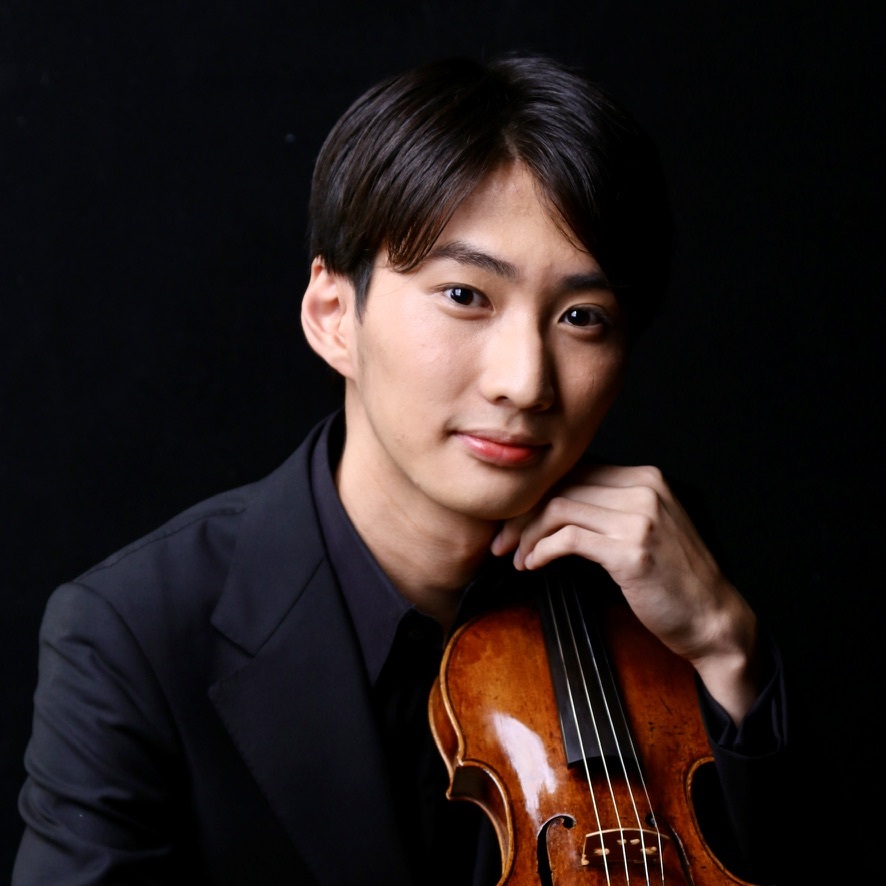
Takeya Oda
4th Year Student
We appreciate art and find beauty in it. However, can we say with certainty that the work you have experienced is perceived in exactly the same way by others? When we ponder this question, we are reminded that the world we believe to be present before us is, in a sense, a subjective estimate. What makes it possible for us to predict and interpret the external world is the dynamic processing of various sensory information by the brain. I focus on the brain's hierarchical processing, specifically aiming to shed light on the selective information processing in higher cortical areas and the mechanisms of integration between different sensory modalities.


